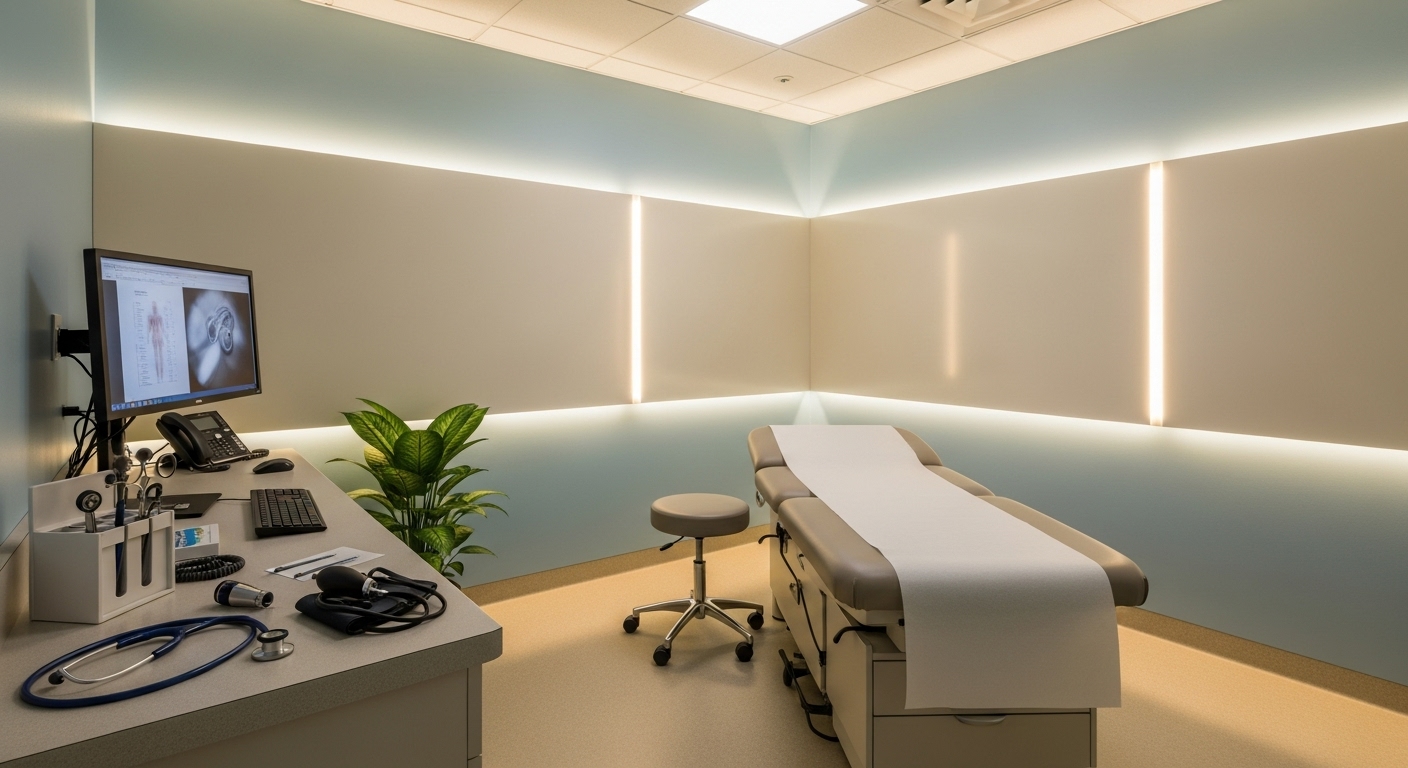Can Hormone Therapy Restore Sexual Function After Menopause?
Yes, significantly. This updated meta-analysis of 15 studies involving over 3,000 women found that hormone therapy consistently improves sexual desire, arousal, lubrication, and overall sexual satisfaction in menopausal women. The benefits are most pronounced in women with moderate to severe sexual dysfunction at baseline.
Dr. Kumar’s Take
Sexual health is a crucial component of overall well-being that’s often overlooked in menopause care. This research provides strong evidence that hormone therapy can restore sexual function by addressing the underlying hormonal causes of decreased libido and physical changes that make sex uncomfortable. Too many women accept sexual dysfunction as an inevitable part of aging when effective treatment is available.
Study Snapshot
This systematic review analyzed 15 randomized controlled trials involving 3,016 perimenopausal and postmenopausal women examining the effects of various hormone therapy regimens on sexual function. Studies used validated sexual function questionnaires and included different hormone formulations (oral, transdermal, vaginal) with follow-up periods ranging from 12 weeks to 3 years. The analysis focused on domains of sexual desire, arousal, lubrication, orgasm, and overall satisfaction.
Results in Real Numbers
- Sexual desire improvement: 65-80% of women showed significant increases in libido scores
- Arousal and lubrication: 70-85% improvement in physical sexual response measures
- Overall sexual satisfaction: 60-75% of women reported improved satisfaction with sexual activity
- Pain reduction: 80-90% reduction in dyspareunia (painful intercourse) with vaginal estrogen
- Time to benefit: Most improvements seen within 8-12 weeks of starting treatment
- Sustained effects: Benefits maintained throughout treatment duration (up to 3 years studied)
Who Benefits Most
Women with moderate to severe sexual dysfunction at baseline showed the greatest improvements with hormone therapy. Those experiencing both vasomotor symptoms and sexual dysfunction had more comprehensive benefits. Vaginal estrogen was particularly effective for addressing dyspareunia and lubrication issues, while systemic hormone therapy provided broader benefits for desire and arousal. Younger postmenopausal women (within 10 years of menopause) showed better responses than older women.
Safety, Limits, and Caveats
Sexual function improvements require ongoing hormone therapy and may diminish if treatment is discontinued. Individual responses vary, and some women may need combination approaches including counseling or other interventions. The studies primarily used older hormone formulations, so results with modern bioidentical hormones may differ. Relationship factors and psychological components of sexual dysfunction also influence outcomes beyond hormonal treatment.
Practical Takeaways
- Recognize that sexual dysfunction after menopause is often hormonally driven and treatable with hormone therapy
- Understand that both systemic and vaginal hormone therapy can improve different aspects of sexual function
- Know that improvements typically occur within 8-12 weeks of starting treatment
- Consider that addressing painful intercourse with vaginal estrogen often improves overall sexual satisfaction
- Seek providers comfortable discussing sexual health and familiar with treatment options
- Don’t accept sexual dysfunction as an inevitable part of aging when effective treatments are available
What This Means for Perimenopause and Menopause Care
This research validates that sexual health is an important component of menopause care that deserves attention and treatment. Sexual dysfunction significantly impacts quality of life and relationships, yet it’s often not addressed in routine menopause consultations. Understanding that hormone therapy can effectively restore sexual function supports comprehensive care that addresses all aspects of women’s health during this transition.
Related Studies and Research
- Genitourinary Syndrome of Menopause: A Narrative Review
- Recurrent Urinary Tract Infection in Older Outpatient Women
- Effects of menopause on temperature regulation
- Sleep disturbance associated with the menopause
- Episode 27: Perimenopause, Menopause, and HRT - What Every Woman Should Know
FAQs
How long does it take for hormone therapy to improve sexual function?
Most women see improvements in sexual desire and physical response within 8-12 weeks of starting hormone therapy, with continued benefits throughout treatment.
Will hormone therapy help with painful intercourse?
Yes, vaginal estrogen is particularly effective for treating dyspareunia (painful sex) by restoring vaginal tissue health and natural lubrication.
Do I need systemic hormone therapy or is vaginal estrogen enough?
It depends on your symptoms. Vaginal estrogen effectively treats physical symptoms like dryness and pain, while systemic therapy may be needed for desire and arousal issues.
Bottom Line
Hormone therapy consistently improves sexual function in menopausal women by addressing both the physical and hormonal causes of sexual dysfunction. Sexual health is an important component of overall well-being that deserves attention and treatment during the menopausal transition.


